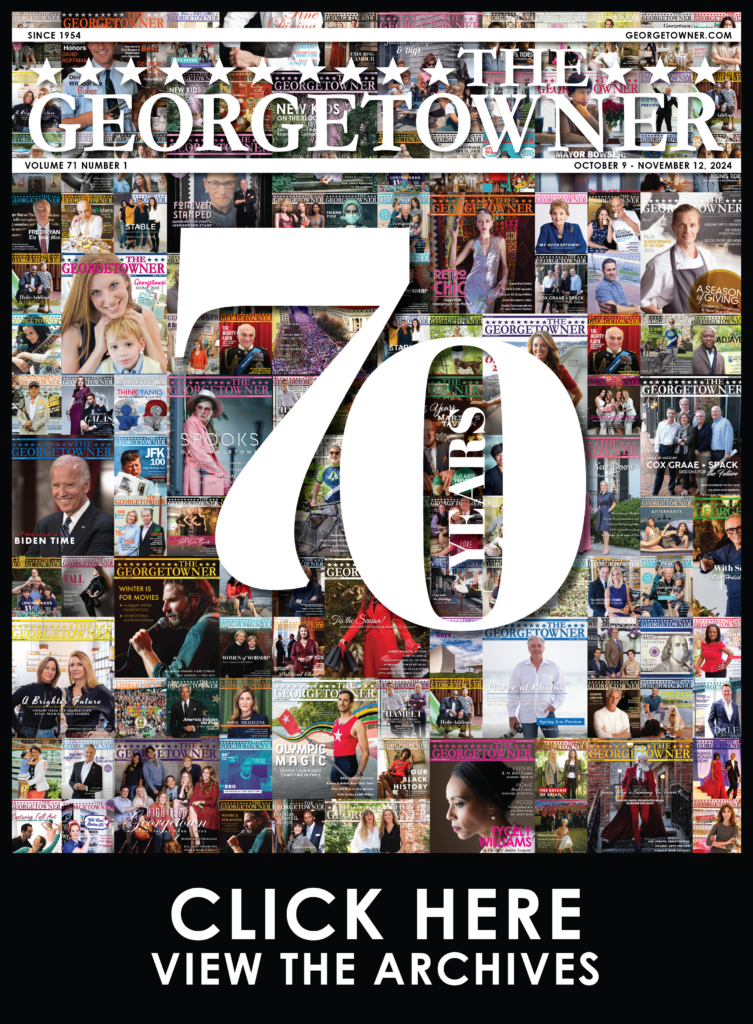Songs of the Vilna Ghetto at the Lithuanian Embassy
By • October 4, 2012 0 1302

It was a Saturday night in Washington D.C., urban living night and day, street festivals, parades, the Nationals, the Redskins, concerts and plays and symphonies and singers, and restaurants galore, the weather being fallish, all sorts of things to do everywhere.
Some things go unnoticed, too, unheralded. At the Embassy of the Republic of Lithuania, a group of people had gathered Sept. 22 to listen, to remember and honor another place, another time, in song and music in commemoration of the Lithuanian Holocaust Memorial Day.
At the start of the Jewish Days of Atonement, before their eyes, another city, a ghetto from a harrowing time of tragedy and loss, rose up, demanding that attention must be paid, that some things can never be forgotten and that the dead can be honored even now, when memories start to fade.
That was the lingering impression during the course of an evening when baritone Jerome Barry, the founder and director of the Embassy Series in Washington, accompanied by pianist Edvinas Minkstimas, with clear and deep emotion, and strong-voiced and passionate, gave voice to the long-ago Jewish residents of the Vilna Ghetto, with their music, their songs, their memories, almost all of them rounded up, oppressed, systematically shot and eventually transported to the death camps of Nazi-occupied Europe.
The Ambassador of Lithuania to the United States Zygimantas Pavilionis noted that in remembering the Liquidation of the Vilna Ghetto, both the victims of this tragedy of the Holocaust and the whole nation of Lithuania were profoundly affected. “The pain of the Holocaust is also the pain of Lithuania because we lost Lithuanian Jews with whom we had lived together for centuries and suffered together the occupiers of our land,” Pavilionis said.
Barry sang a powerful array of songs, some of them written during the time of the ghetto by the persons who lived and died there and others by survivors as well as songs and music that are intrinsic parts of Jewish cultural and spiritual life. Taken together, the songs re-created what was the emotional, the fear-filled, the still life-filled environment of the ghetto, in which eventually families disappeared daily, in which hundreds of individuals were rounded up regularly and shot, in which people took solace in song and music.
Barry, in moving from song to song, beginning with “Geto” which was written in the Vilna Ghetto by Kasriel Broyde, who continued to direct theatre revues and concerts, to a Jewish prayer expressing longing for the Holy Temple of Jerusalem, brought different skills and feelings to bear on each song. The tone gave us the beating hearts and the pain of the Vilna Jews, suffering under a cloud of daily losses and doom.
For Barry, it seemed that the songs—let’s say the song by the poet Abraham Sutskever, or a song by a young boy who won a composition competition in the ghetto, and the impassioned “Partizaner Lid,” which became an anthem for the underground resistance movement—inspired the best that he had to offer, with all of his gifts on display. He managed to make what was clearly personal for him, personal for everyone there, thus raising an occasion that in the hectic scheme of urban activity to the level of an important occasion both intimate and universal. The songs made you confront the lives of those that perished in terrible times.
By his performance, Barry enriched the material and gave the music the level of emotional authenticity and in the end, punctuated an evening that was more than just another Saturday night.
(Nearly 200,000 Lithuanian Jews died during the Holocaust.)

